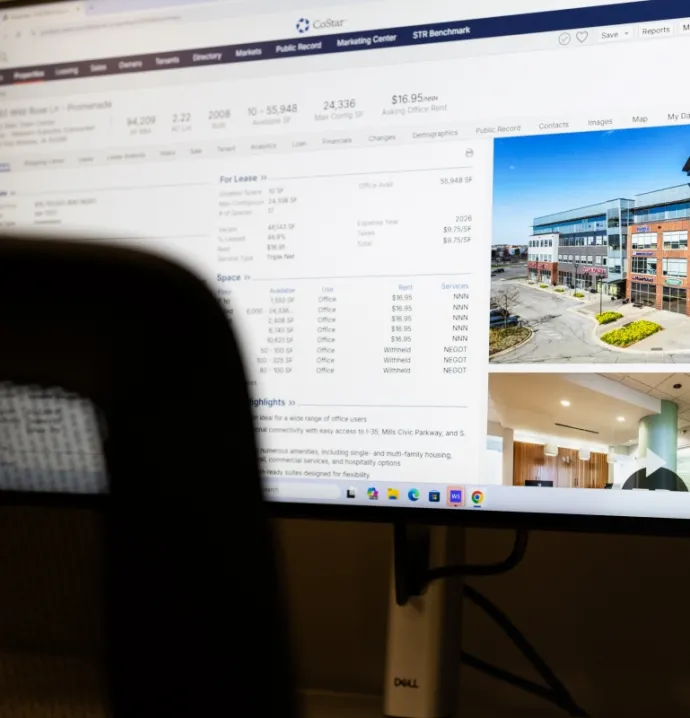Investing in Stocks During the Panic of a Pandemic: Keep These 6 Ideas in Mind to Avoid Regrets
Investing in Stocks During the Panic of a Pandemic: Keep These 6 Ideas in Mind to Avoid Regrets
The stock markets tend to plunge when pandemics and epidemics set off uncertainty and chaos around the country. Investors tend to panic at the way they push down the value of their portfolios.
It isn't just stock portfolios that lose value, either. Oil prices can crash, and with investors around the world seeking the protection of U.S. bonds, Treasury yields can drop, as well. Markets tend to dislike uncertainty, and there is a great deal of it with COVID-19, unfortunately.
Times of panic tend to present investors with good opportunities to snap up valuable stocks at a bargain. However, if you time it wrongly, you can cause long-term damage to your portfolio, as well.
The question on your mind at this time is probably about whether it's time to buy or sell. What follows are tips to go by.
Avoid making reckless moves
When everyone is in the middle of a panicked selling spree trying to get out before their stocks lose too much value, it can feel heroic to courageously head in and begin buying. However, it's important to remember that discretion is the better part of valor.
You may be conditioned to buy at the first sight of a market dip, but it's important to notice that pandemics cause recessions. A full-blown panic isn't likely to bounce back very soon.
There will also be temporary rebounds. When a temporary rebound happens, some stock investors might be tempted to immediately increase their investments in stocks out of fear of missing out. If the prices of stocks look attractive, remember that they may fall even further.
Don't buy unless you can hold your investments for three years, at least
If you buy up stocks in response to falling prices, and you find that the prices just keep falling further, you need to be able to hold on to your investments for at least three years to allow them to recover. You may feel like selling for a variety of reasons - you are easily scared, your broker issues a margin call or something else. The bottom line is that if you aren't financially and temperamentally prepared to hold on to your investments for at least three years, you shouldn't buy in a stock crash.
Stocks have the potential of a high rate of return, but those returns only materialize when you're ready to hold during bouts of volatility. Experts usually recommend holding a position for at least three years to ride out short-term losses in market value.
It isn't just about your willingness to stay in the market for three years, either. You can't invest money that you may need in an emergency. If you invest your emergency money in stocks right now, you may be forced to sell them at an inopportune time to gain access to those funds. It only makes sense to put money in stocks that you won't need in any imaginable circumstance over the next three years.
Keep some money away from the markets
Having liquid cash on hand at all times is important because it can help you take advantage of drops in the market, should they occur. Unlike stocks or bonds, that may lose value during a market crash, cash tends to retain its value, at least over a period of months. When you maintain a portion of your resources as cash, you have a huge investment advantage over regular, cash-strapped investors.
Keep saving for the long term
If you're able to plan your investments over the next decade and find that you don't need to sell your investments to make money in the short term, you're in a good position. Continuing to add money to your investments -- like your 401(k) -- makes sense.
If the market falls considerably, you could think about investing even more in the form of an IRA. The longer the timeframe that you deal with, the better able you are to see declines as opportunities to plan for long-term wealth.
Inevitably, there is regret
Certainly, it can be easier planning your move when the markets are calm and composed. People tend to become nervous when the stock market is uncertain. You also need to come to terms with the fact that no matter what path you take, you will probably feel a degree of regret about not doing things differently at some point. You will almost always be left with a stock that you wish you'd sold earlier, or one that you wish you'd bought.
The aim is not to make sure that you do perfectly on every call that you make. Not even experts are able to do that. It's important to remember that stocks have fallen many times in the past, and they have always rebounded. In October 1987, for instance, the Dow Jones Industrial Average fell nearly by a quarter, the worst drop in its history. Everyone who sold then did take a serious loss. Since then, however, the markets have rebounded and made up their losses many times over. You should remember that there will always be some stock that you wish you had bought or something you wish you had sold. Rather than think about short-term performance, you need to think about how you do over the long term.
The bottom line
Even in the most favorable investment climate, stock market investments can put you through a great deal of anxiety. It's important to resolve to simply diversify your stocks, and hold on to them through thick and thin. Your greatest regret in the long term will usually come up if you didn't allow yourself a chance to hold stocks in the best companies in the world.




